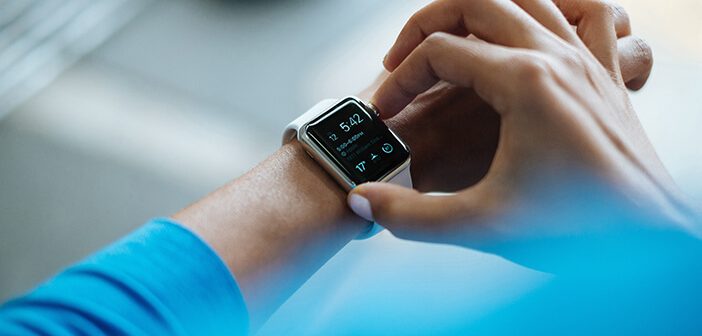Millennials will comprise more than one of three adult Americans by 2020 and 75 percent of the workforce by 2025, according to the Governance Studies at Brookings report How Millennials Could Upend Wall Street and Corporate America.
Attracting the best of the millennial workforce is critical to the future of your business. Employers can strengthen recruitment and retention and advocate a culture of health by rethinking workplace benefits through the eyes of millennials.
Providing Choice to Add Value
Younger employees seek more flexibility and control over their benefits. They’re also strongly interested in programs that include mental health support and promote physical health. In response to this, some employers are providing more choice to appeal to these needs.
One way employers can do this is by offering a menu of voluntary benefits, such as disability, accident, critical illness and hospitalization insurance that employees can choose from to meet their individual needs. This type of coverage provides a safety net for today’s financially fragile employees and helps bridge the widening gap between what employees’ health insurance covers and their resources for unexpected expenses.
Offering Work/ Life Balance Support via EAPs
A new study from Bensinger, Dupont & Associates revealed millennial employees may suffer from depression more than any other generation in the workforce. Insights such as this show the need for employers to make a measurable difference in employees’ overall health and productivity by adopting a more holistic approach to connecting employees and the workplace.
Employee Assistance Programs (EAPS) provide confidential access to professionals who can assist with areas of concern causing employee distress — from work-related or family issues to mental illness. Another option is to contract with a health insurance vendor that offers a 24/7 nurse hotline or virtual solutions allowing employees and family members to speak with a doctor or behavioral health professional anytime about health concerns from a mobile device or computer.
Using Technology to Modernize Health Solutions
According to technology consultants, Endeavors Partners, 1 in 10 Americans over the age of 18 owns an activity tracker and by 2018, U.S. employers will integrate more than 13 million wearable health and fitness tracking devices into employee wellness programs.
It’s clear companies are continuing to make large investments in activity-based challenges, weight maintenance programs and other physical health initiatives. However, to appeal to tech-savvy, social networking millennials, it may be worth looking into programs that ‘gamify’ wellness with friendly competition and encourage social interaction alongside wellness efforts. This could include things like live fitness coaching delivered to employees via two-way video conferencing.
Health Incentives Aren’t the Silver Bullet
Health incentive programs appeal to millennials, specifically those that are action and progress-based.
For action-based incentives, employees are required to improve their health after going through a risk assessment. Actions may include joining a weight-management program or getting preventive screenings. The model motivates employees to start changing unhealthy behaviors.
Progress-based plans offer rewards for making improvements towards optimal benchmarks for cholesterol, blood pressure and weight. Employees are financially motivated to improve their health, instead of being penalized for not being perfect.
While some of the most popular incentive programs offer financial rewards they may not achieve long-term behavior change. This is because sometimes people act irrationally, counter to their best interests and don’t always focus on long-term benefits if they receive a short-term reward.
Insight provided by millennials suggests a healthy company culture and office environments should be built with intention. Offering flexible work schedules, benefits that can be tailored, tech-based health programs and EAPs are just some of the steps employers can take to help establish this while appealing to the growing number of millennials in the workplace.




